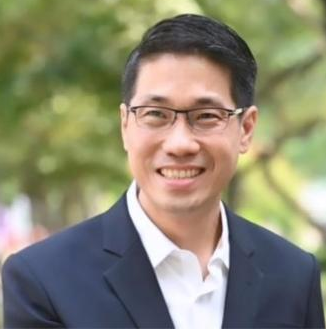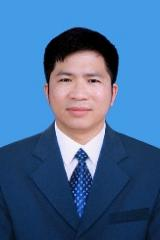Submission Deadline: 31 January 2026 (closed) View: 2669 Submit to Special Issue
Assoc. Prof. Dr. Sawekchai Tangaramvong
Email: sawekchai.t@chula.ac.th
Affiliation: Department of Civil Engineering, Faculty of Engineering, Chulalongkorn University, Bangkok, Thailand
Research Interests: Structural optimization, Elastoplastic analysis, Limit analysis Reliability-based topology optimization, Uncertainty analysis, Machine learning algorithm, Surrogate-assisted model

Dr. Quang-Viet Vu
Email: vq.viet@vju.ac.vn
Affiliation: Faculty of Advanced Technology and Engineering, VNU Vietnam Japan University, Hanoi, Viet Nam
Research Interests: Structural optimization, machine learning applications in structural engineering, finite element simulation, corroded steel structures, uncertainty analysis, etc.

In recent years, using Artificial Intelligence (AI) and advanced optimization techniques has notably fostered the development of material and structural engineering. As industries demand more innovative, sustainable, and efficient solutions, AI is playing an increasingly important role in improving material properties and optimizing structural design. AI techniques including neural networks, machine learning, deep learning, and reinforcement learning have the potential to revolutionize how engineers analyze, design, and maintain material and structures. The integration of AI and optimization techniques offers advanced solutions to improve sustainability, cost-efficiency, and safety in the field of material and structural engineering in real-world applications.
This special issue aims to explore the integration of AI and optimization techniques in these fields, highlighting emerging trends, innovative applications, and the growing influence of AI techniques on the design, analysis and optimization procedures of materials and structures. Potential topics include, but are not limited to the following:
· Structural design and optimization;
· Structural health monitoring;
· Structural damage detection;
· Structural safety assessment;
· AI applications in Structural Engineering;
· Advanced AI techniques for material optimization;
· Automation in construction;
· Uncertainty Quantification and Robust Optimization.


 Submit a Paper
Submit a Paper Propose a Special lssue
Propose a Special lssue